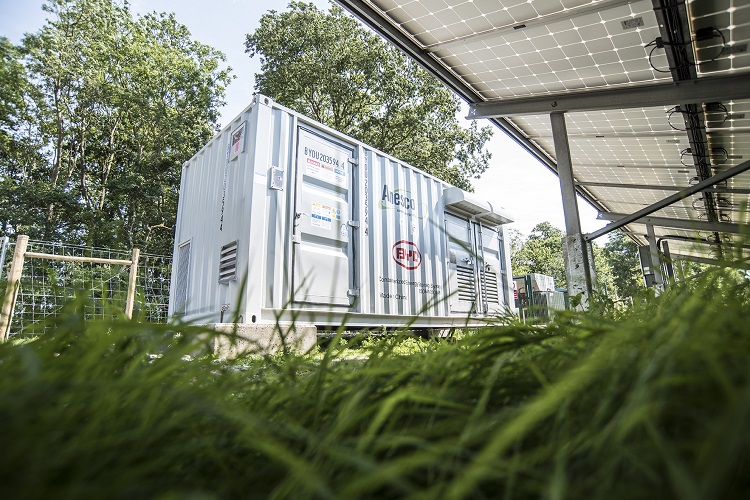While India has seen a spate of renewable plus storage tender announcements, it is three years before the energy storage sector in the the country sees large-scale activity and implementation—according to speakers at a stationary energy storage session organized by consultants Bridge To India, on the sidelines of Renewable Energy India Expo 2019.
As of now, there is a lot of excitement globally with storage tender announcements in India, but issues like delays in awarding the contracts, retendering and changes are impacting the investor sentiments. In some cases, Letter of Award is pending even after 6-12 months of reverse auction.
From timeline perspective, “there is still a lot to be done so that active tenders can be taken to the stage of execution. The uncertainty around specifications and delay in allotment make it difficult for investors to plan their business,” shared the speakers.
The government has adopted technology agnostic approach to the energy storage market, which has evoked mix opinions from the industry. On one hand, it allows the market to grow and find a more efficient solution. On the other hand, it doesn’t give a direction to the players, who find it challenging to compete in the absence of efficiency and other technical parameters in the tender.
The speakers stated that technology agnostic tenders work so long as India is at experimentation stage and studying the market. However, sooner or later, the country will have to freeze the technology that is capable of meeting the challenges of its grid.
Further, while Li-ion is the technology of choice from almost all points of view like pricing point, predictability, safety, density and technology strength, it’s important for investors to make sure that the solution they deploy allows them the flexibility to change to a solution that gives them a better outcome three-four years down the road.
Among other concerns, speakers highlighted the need to create the demand for energy storage. Prices will come down as manufacturing achieves scale of economies to cater to increased demand. For the demand to pick up, however, it’s important to change the consumer mindset as end users are still not confident about battery storage system.
This content is protected by copyright and may not be reused. If you want to cooperate with us and would like to reuse some of our content, please contact: editors@pv-magazine.com.









By submitting this form you agree to pv magazine using your data for the purposes of publishing your comment.
Your personal data will only be disclosed or otherwise transmitted to third parties for the purposes of spam filtering or if this is necessary for technical maintenance of the website. Any other transfer to third parties will not take place unless this is justified on the basis of applicable data protection regulations or if pv magazine is legally obliged to do so.
You may revoke this consent at any time with effect for the future, in which case your personal data will be deleted immediately. Otherwise, your data will be deleted if pv magazine has processed your request or the purpose of data storage is fulfilled.
Further information on data privacy can be found in our Data Protection Policy.